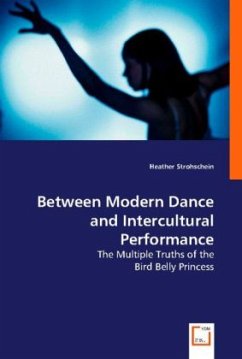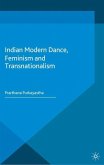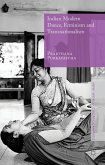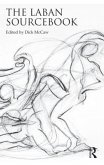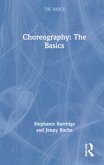Cultural appropriation or "theft" is a point of contention among scholars and performers. When American performance artists use non-Western cultural elements-such as music, dance, or material items-questions of authenticity, identity, and entitlement are raised. Between two opposing extremes, "Romantic individualism" and essentialism, exists a continuum where most theatrical performances reside. This work examines the stance of cultural appropriation in relation to modern dance, music, and intercultural performance. The focus of the examination is "At Last, The Tale of the Bird Belly Princess, Tien-Savi-Tsuru-Chak," a production directed, choreographed, and performed by members of Bowling Green State University's faculty and student body. The performance, which incorporated elements of Korean and Balinese music and dance, ran a fine line between cultural appropriation and artistic freedom. It is necessary to examine a work from many angles in order to understand the various"truths" it expresses. This analysis should be useful to ethnomusicologists, dance ethnologists, and other scholars considering issues of authenticity, identity, and cultural appropriation.

